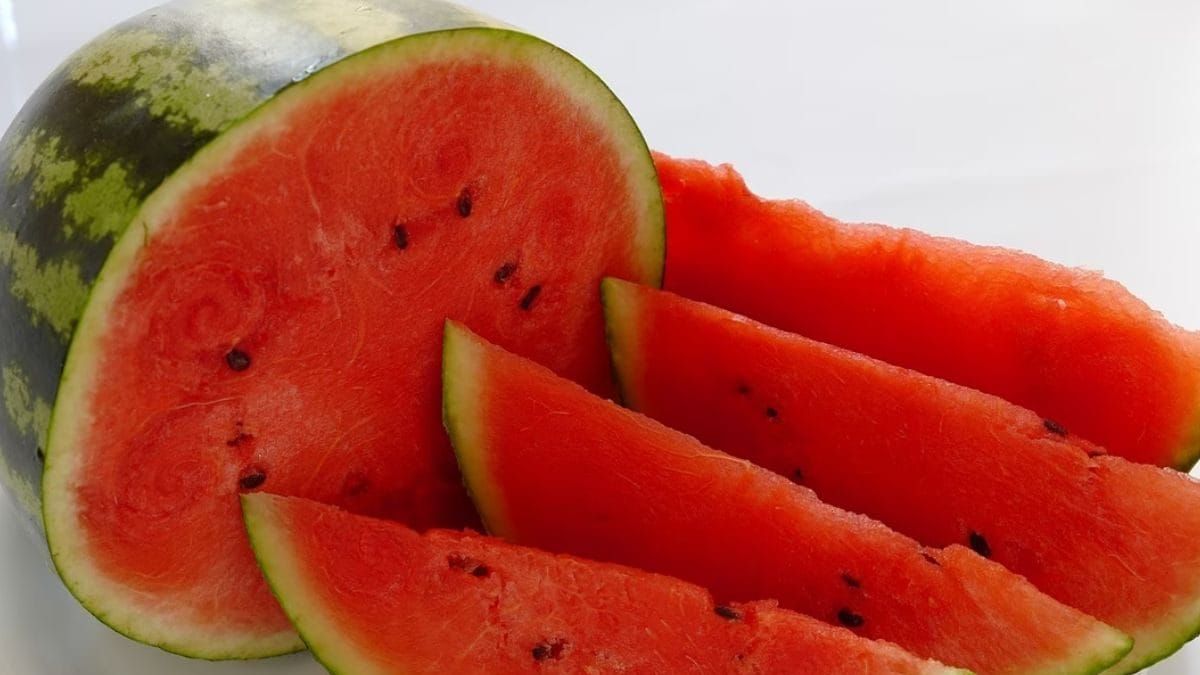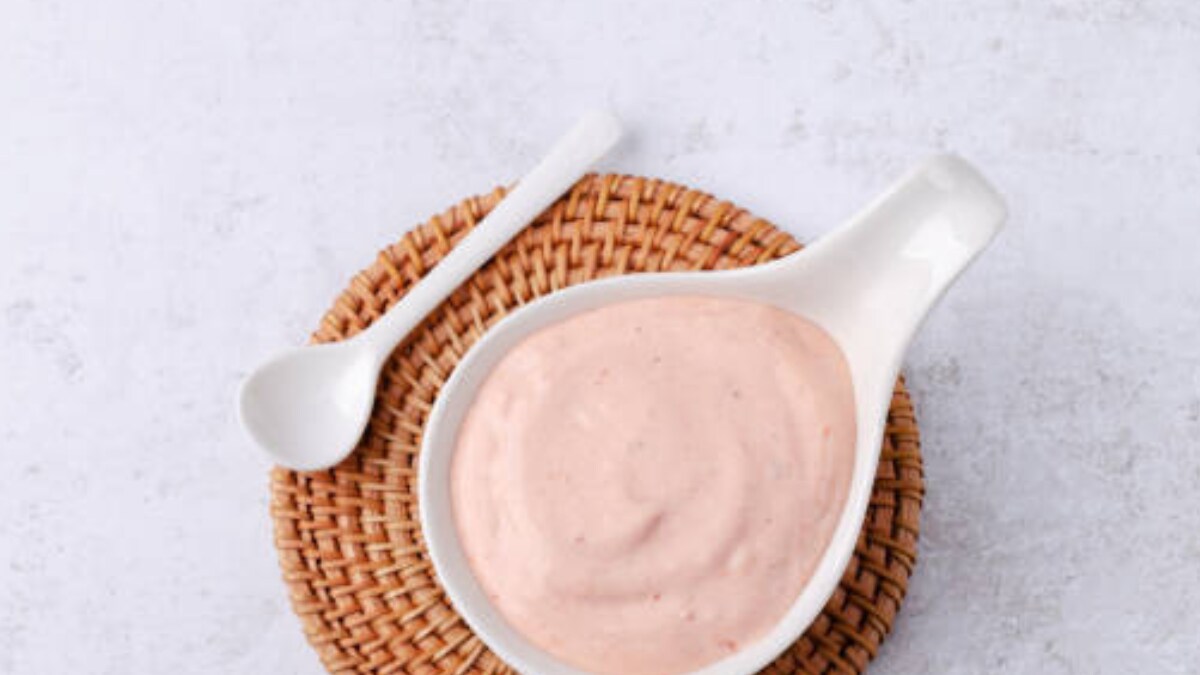Watermelons also help fight asthma and high blood pressure.
Watermelon's dietary antioxidants, such as vitamin C, may help prevent cancer by fighting free radicals. Free radicals are extremely reactive and unstable molecules.
Watermelon is 90 percent water, making it important for staying hydrated in the summer. According to a report published in Medical News Today, this fruit also contains antioxidants that help in eliminating molecules known as free radicals or reactive species from the human body. Another important benefit of this fruit is that it reduces the risk of many different types of cancer, one of them being breast cancer.
Watermelon's dietary antioxidants, such as vitamin C, may help prevent breast cancer in women by fighting free radicals. Free radicals are extremely reactive and unstable molecules that the body produces naturally as a byproduct of normal metabolism.
In addition to this, watermelon also helps fight asthma and high blood pressure. According to Medical News Today, the presence of certain antioxidants in the lungs, including vitamin C, may reduce the risk of developing asthma. Studies have not confirmed that a diet that is a storehouse of vitamin C can offer any protection. One cup of watermelon balls weighing about 154 grams (g) provides 12.5 milligrams (mg) of vitamin C or 14 to 16 percent of a person's daily needs.
In a 2012 study, researchers found that watermelon extract reduced blood pressure levels in and around the ankles of middle-aged people who suffered from obesity and early hypertension. The authors noted that L-citrulline and L-arginine, two of the antioxidants in watermelon, may improve artery function.
However, it is best to consume watermelon in moderation as it can cause problems such as bloating, gas or other stomach-related ailments in some people. Diabetic patients should be especially careful when consuming this fruit, as it contains natural sugars that can affect blood sugar levels. Watermelon is, however, a low-glycemic fruit, meaning it will not cause a rapid rise in blood sugar levels.
A low glycemic index (low GI) diet is a diet chart based on how foods affect blood sugar, also called blood glucose level. The glycemic index ranks foods on a scale of 0 to 100, with the lower end of the scale having foods that have a negligible impact on blood sugar levels.












